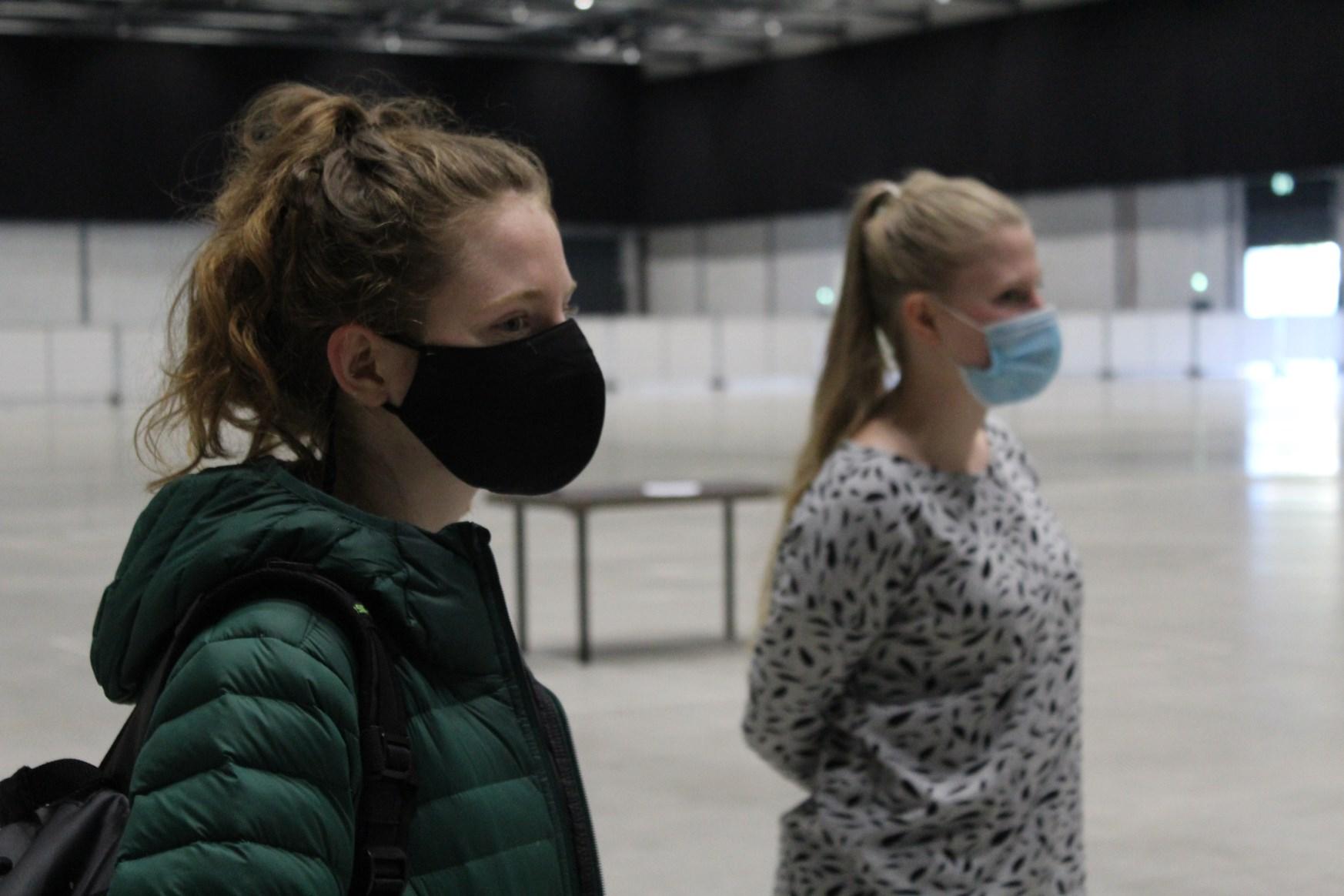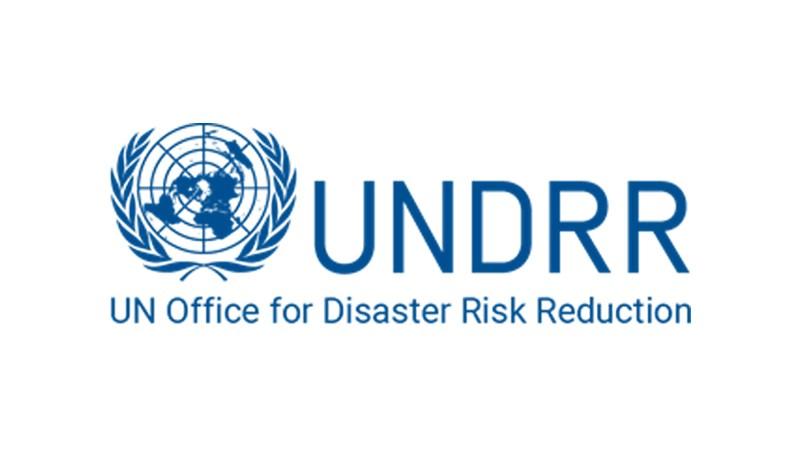
2 minute read
Beirut explosion
Disaster articles: Lebanon and ...
On the 4th of August 2020, in the city of Beirut Lebanon, a storage facility of Ammonium nitrate exploded dramatically causing loss of life, injuries and property damage. This happened at a time when the
Advertisement
population is already facing civil unrest and large scale socio-economic crisis, with the COVID-19 pandemic on top of that. The blast itself killed at least 204 people with 6 500 people suffering injuries. The total property damage amounts to US$15 billion. This left around 300 homeless.
000 people
The storage facility itself had 2750 tonnes of ammonium nitrate which was stored unsafely and without property safety precautions. These substances were stored under those conditions for 6 years. This calls to question why it was stored there under those conditions as this explosion could have been avoided if proper safety procedures where followed. There were countrywide protests taking place against the government to protest its failure to
prevent this disaster from happening again. The terrifying aspect of this disaster was that it was unforeseen. In a matter of minutes, it took the country into chaos. There was no preparation for this event, like that of a hurricane. To make matters worse it was in the port which is surrounded by
buildings and people due to its location. All of the surrounding hospitals quickly became full and the red cross was pleading for donations of blood. This brings up an important topic to be discussed and which is the safe storage of chemicals and materials. This is preparation beforehand to prevent the disaster from happening again. It is vital for such substances to be stored correctly especially when the substances are either
flammable or explosive. Great damage was done due to the location of the disaster. Considering the location being a port, where substances are transported on a daily basis, it is important that storage is done correctly. Organisations such as the European Agency for safety and health at work are vital for this. As they have
guidance on the proper storage of chemicals in warehouses. It is precisely these guideless that are made to avoid situations such as Beirut.
But the problem is not with the guidelines but rather the lack of implementation of such guidelines. This is what makes this disaster even more tragic, it was avoidable. However, it is always the case that such events happen as well as events that seem more uncontrollable or unforeseen such as earthquakes,
hurricanes and tornadoes to name a few. In cases such as these, disaster relief must be available to provide aid in these situations. In Beirut, the Lebanese Red Cross mobilised all available ambulances and sent them to the site to help patients. Furthermore, there has been aid provided by many organisations and countries such as WHO, UNESCO and France, offer aid and help to Lebanon to try and help where they can. However, the effects of this disaster are so large that it will
take Lebanon years until they will recover from this event.









